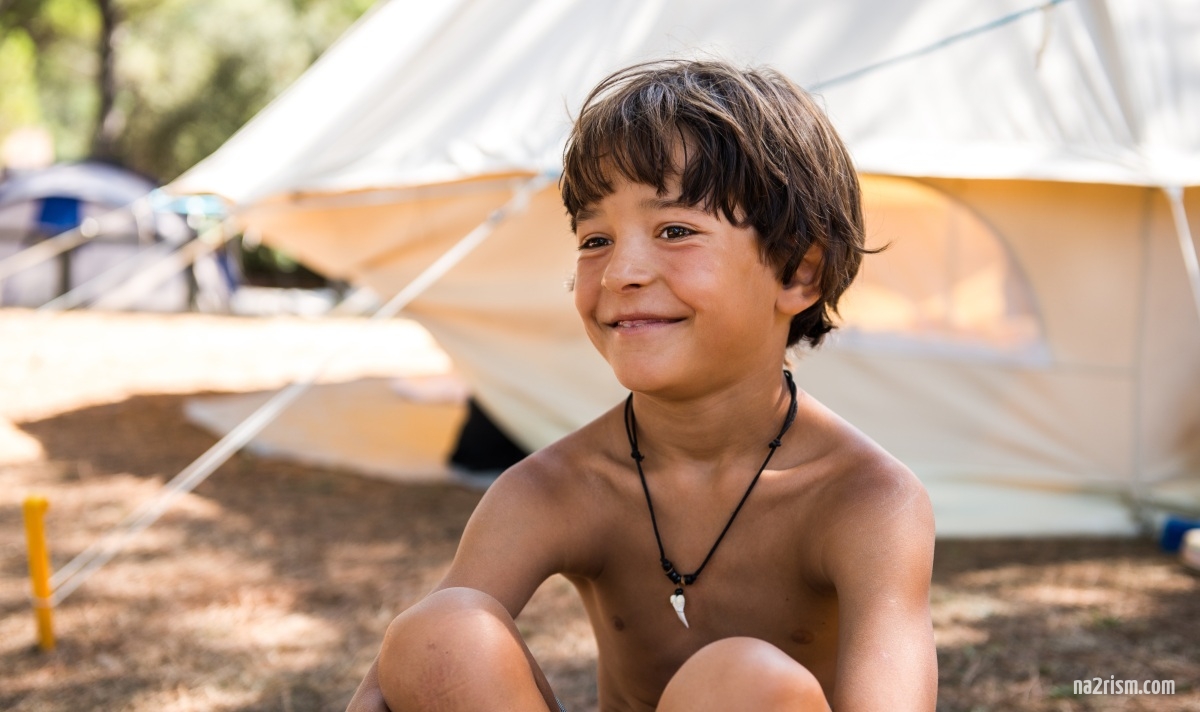Naturism, or nudism, often stirs a spectrum of reactions due to its deviation from societal norms regarding clothing and privacy. However, beyond the initial shock or curiosity lies a lifestyle embraced by many for its positive psychological impacts, particularly on adolescents. This article explores how naturism can influence the mental and emotional well-being of teenagers, a group often grappling with self-esteem, body image issues, and the pressures of conforming to societal expectations.
Understanding naturism:
Naturism advocates for the practice of social nudity in a non-sexual context, aiming to promote wholesomeness and respect. It is grounded in principles of freedom, equality, and acceptance, encouraging a connection with nature and others devoid of social constructs like status and judgment. By participating in this lifestyle, adolescents are introduced to an environment that starkly contrasts with the often hypercritical and appearance-focused society.
Body positivity and self-esteem:
One of the most significant challenges adolescents face is developing a positive body image. Mainstream media and social networks frequently bombard young people with idealized images of beauty and success, which are both unrealistic and narrow in scope. Naturism introduces teenagers to a more inclusive perspective on body types, celebrating diversity rather than the selective portrayals seen in popular media.
In naturist settings, the exposure to a variety of real human bodies can demystify the taboos surrounding physical appearance. This exposure helps to normalize different body shapes, sizes, and conditions, reducing feelings of inadequacy or embarrassment about one’s own body. As a result, teenagers who engage in naturism may develop higher self-esteem and a more accepting attitude towards themselves and others.
Social skills and emotional development:
Naturism also offers unique opportunities for developing social skills. In a setting where physical appearances are laid bare, social interactions tend to focus more on personal qualities and communication rather than superficial judgments. This can foster deeper, more meaningful connections among adolescents, as they learn to interact based on mutual respect and understanding rather than appearance.
Moreover, naturism can enhance emotional resilience. Adolescents learn to handle vulnerability—a natural part of being in a nudist environment—thus strengthening their emotional regulation skills. This can be particularly beneficial during adolescence, a period characterized by emotional volatility and exploration of identity.
Mental health benefits:
Engaging in naturist activities can lead to reduced stress and anxiety for many adolescents. The natural settings often associated with nudism, such as beaches or camps, provide a calming environment that contrasts with the hectic pace of everyday life. The emphasis on living in the moment and connecting with nature can help teenagers find tranquility and a sense of grounding.
Furthermore, the inclusive and non-judgmental atmosphere of naturism encourages openness and honesty. For adolescents struggling with mental health issues like depression or anxiety, being part of a supportive community that promotes acceptance can be incredibly therapeutic. It provides a safe space to express oneself without fear of rejection or criticism.
While naturism may not be universally accepted, its psychological benefits for adolescents are worthy of consideration. By fostering an environment of acceptance, body positivity, and open communication, naturism can play a pivotal role in healthy adolescent development. As society continues to grapple with issues of mental health and self-esteem among youth, the principles of naturism offer a refreshing counterpoint to the pressures of modern adolescent life. Ultimately, the choice to engage in naturism should be approached with openness and respect for personal preferences and cultural values, recognizing its potential to contribute positively to psychological health and well-being.

